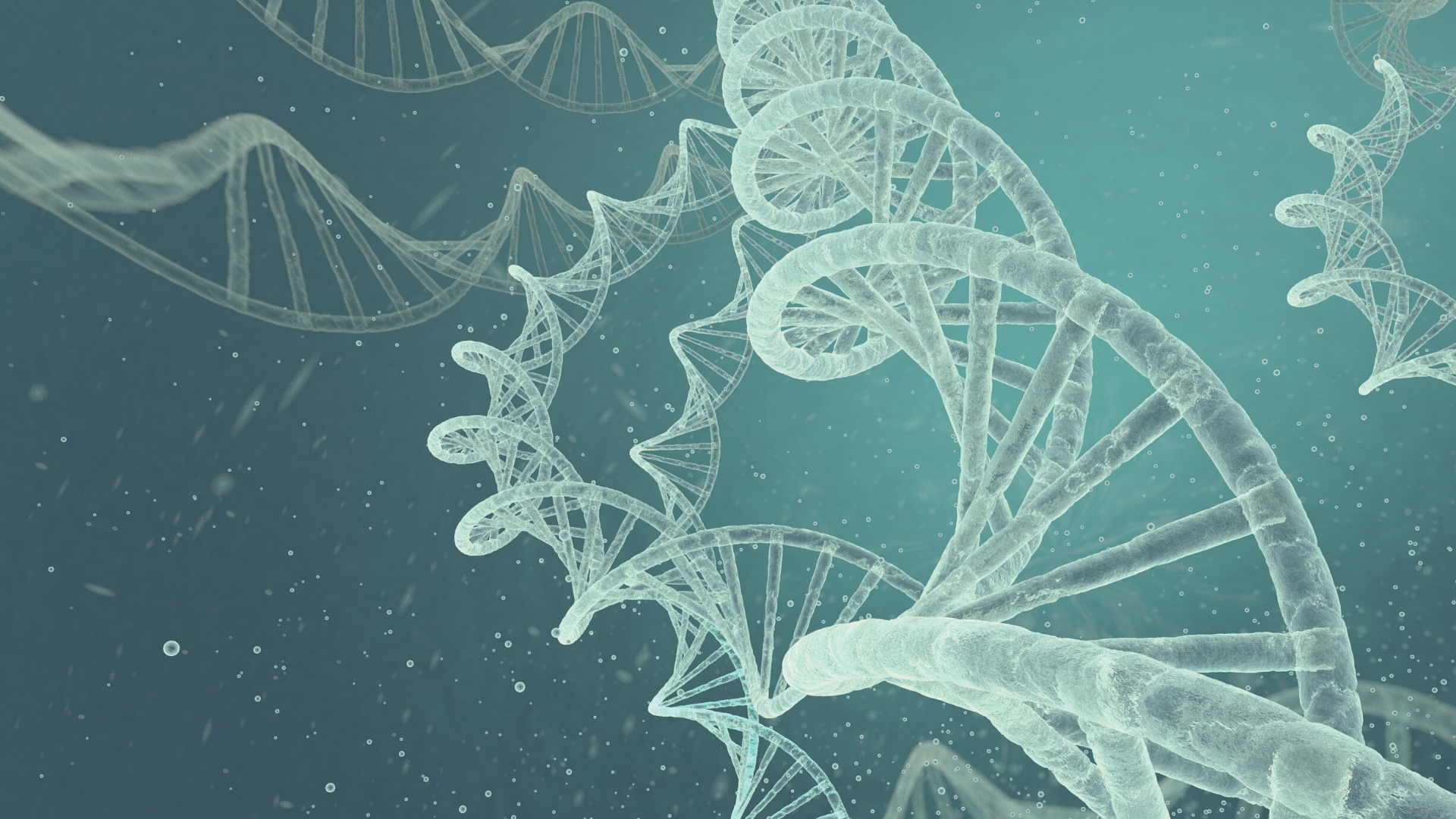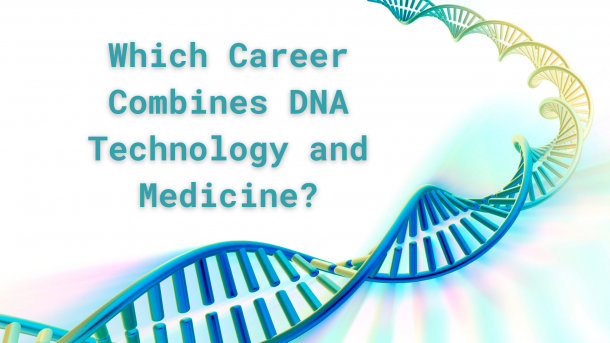Are you considering a career that combines elements of DNA technology and medicine? If so, with the rapid advancements currently underway in DNA technology, more and more jobs are becoming available in the medical genetics field.
So what exactly is medical genetics, and what kind of careers can you pursue in this growing industry? Let’s take a closer look at this fascinating field.
What is medical genetics?
Medical genetics is the field of medical science that applies principles of heredity to clinical diagnostic problems. Human geneticists are involved in understanding the normal function of human genes and DNA sequences and how they cause disease, as well as performing genetic testing. They also work with other healthcare professionals to diagnose and treat hereditary conditions. These professionals are known to be quite nerdy brains. They are said to have the best understanding of the subject matter at the current time.
Truth be told, medical genetics is a relatively new branch of medicine, which seems to have only a handful of reputed Biomanufacturing Companies that appear to be making breakthroughs. This medical field seems to have emerged from its parent discipline, human anatomy, in the late 19th century. It was not until around 1948 that the term medical genetics first appeared in print. Before then it had been called human heredity.

What are some of the most common hereditary disorders?
A hereditary disorder is a genetic disorder passed down from parents to their children. These disorders can be caused by changes in a single gene or by a combination of several genes.
Many hereditary disorders are caused by problems with the way chromosomes are inherited from one generation to the next. You can find a list of some of the most well-known hereditary disorders below:
- Cystic Fibrosis: Cystic fibrosis is a hereditary disorder that affects the lungs and digestive system. It is caused by a mutation in the CFTR gene, which codes for a protein called CFTR. This mutation has an impact on the movement of salt and water in and out of cells and can result in a build-up of mucus in the body’s tubes and passageways. People suffering from such a problem may require treatment for the respiratory system since mucus buildup can cause lung infection. Websites like https://gwinnettlung.com/ can provide patients with medical expertise with the help of a pulmonologist.
- Sickle Cell Anemia: Sickle Cell Anemia is a group of inherited blood disorders. People who have sickle cell anemia have red blood cells that are shaped like sickles (a curved hook). These cells can get stuck in small blood vessels and cut off the blood supply to parts of the body. This can cause pain and damage to organs.
- Hemophilia: Hemophilia is a genetic disorder that impairs the body’s ability to make blood clots, a process needed to stop bleeding. Hemophilia A is the most common form of the disorder and is caused by a lack of clotting factor (protein) VIII. Hemophilia B is caused by a lack of clotting factor IX.
Which areas does medical genetics cover?
Genetic medicine incorporates a wide variety of different areas of medicine.
Gene therapy
Gene therapy is the process of repairing, replacing, or deleting genes to treat disease. There are two approaches: somatic gene therapy targets cells that divide often (e.g. cancer cells) while germline gene therapy changes all of an individual’s inherited genes.
Gene therapy research began in the 1960s and 70s and has been used since 1990. It is currently being studied for several different diseases including cystic fibrosis, hemophilia, and sickle cell anemia. It may also hold promise as an HIV treatment when combined with other treatments such as protease inhibitors or reverse transcriptase inhibitors.
Personalized medicine
Personalized medicine is a relatively new field of medical care that takes into account the individual characteristics of each patient. It involves tailoring treatments to the specific genetic makeup, environment, and lifestyle of each person. This approach has the potential to improve health outcomes by ensuring that patients receive the most appropriate care for their specific situation.
Predictive medicine
Predictive medicine is a branch of healthcare that uses information technology to identify patterns and trends in patient data. This information is then used to predict the likelihood of certain diseases or health conditions developing in individual patients. This allows doctors to provide preventive care and treatment plans that are tailored to the specific needs of each patient.
Apparently, data like this are also often used by Medical Research firms such as IDR Medical, for instance. By researching information like this in detail, they tend to help medical manufacturers make relevant devices that can help cure the illness in a better way or in a faster manner.

Medical geneticists study genetic information to improve and maintain human health
Ultimately, careers in DNA and genetics are incredibly diverse and offer something for everyone. The trick being, you need to stay updated about the latest innovations and advancements related to healthcare, technology, and medical procedures to build a career in this industry. You could maybe get information and healthcare news by following the best healthcare podcasts and research to keep up with the latest tech in DNA and genetic studies.
Whether you’re interested in the scientific research behind the discipline or want to work with DNA and use your skills to help people, there’s a career path that will suit your interests and talents. By exploring all the possible career options available, you might find that one path that will take you a step closer to your goals.
We hope this article has helped you learn more about these fascinating fields and shown you how exciting they can be. If you’re ready to start exploring your options, we encourage you to research the qualifications you might need when pursuing a career in DNA technology or genetic medicine.




